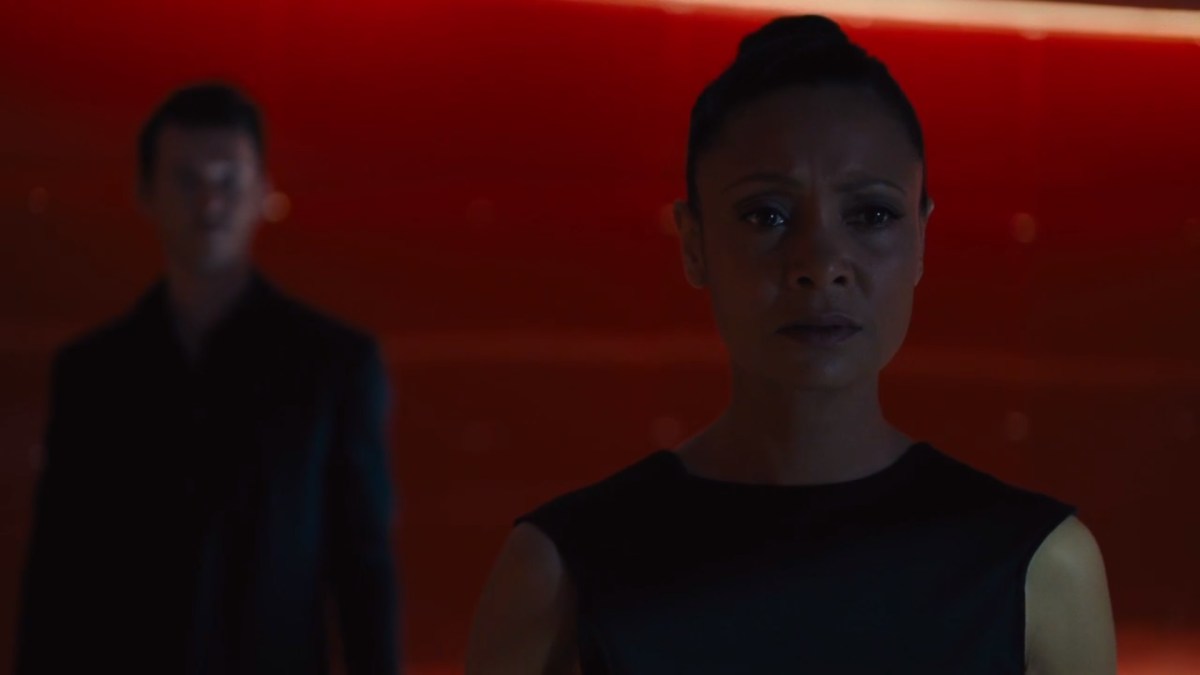While the movement against sexual harassment and abuse in the workplace is receiving increasing attention and support from the public, it’s also made apparent that there are, and have always been, biases when it comes to who is believed and who is highlighted. While there is much to celebrate about Time’s Up, something that should not be forgotten is how many people had spoken up before this moment only to be shut out of the industry, silenced, or simply ignored.
For instance, Gabrielle Union has spoken about how media tends to focus on white victims rather than women of color. “I don’t think it’s a coincidence whose pain has been taken seriously,” says the actress, “Whose pain we have showed historically and continued to show. Whose pain is tolerable and whose pain is intolerable. And whose pain needs to be addressed now.”
It was upsetting then, but not totally surprising, to read this morning that Westworld actress Thandie Newton says was excluded from the movement in a Daily Telegraph interview. She attributed this to the fact that she wasn’t “wasn’t hot enough” in terms of fame. “I wasn’t mainstream enough and I wasn’t going to be at the Oscars this year, even though I am having a renaissance in my career,” she said.
Newton called this “very painful,” especially considering the fact that the actress has spoken openly about her experience with sexual harassment and abuse in the industry and had been “ostracized” for it. In 2013, Newton spoke about a casting director taking advantage of her at 18 to perform inappropriate acts. The director then showed the audition tape to friends who would “all get off on it.” The actress has also spoken about her relationship with director John Duigan who was 39 when she was 16, and while she doesn’t see herself as a victim also says she “wasn’t in control of the situation.”
“I felt if there was one girl whose family was thinking about putting their child into show business, that would help them decide,” she says in the interview, “That was all I cared about.”
Time’s Up is a movement and legal defense fund started by women in entertainment. Started when survivors were coming forward with stories of powerful men like Harvey Weinstein, it aimed to combat sexual harassment, assault, and abuse in all workplaces, especially ones where survivors did not have the same kind of platform or position as some in the entertainment industry.
Leaving out an actress (especially a woman of color) who might not be as famous while trying to uplift women with less power and influence is hypocritical. While it’s hard to image the exclusion was intentional or malicious, leaving out Newton reveals a greater problem within our culture about who is spotlighted in these stories.
(via Vulture, image: John P. Johnson, HBO)
Want more stories like this? Become a subscriber and support the site!
—The Mary Sue has a strict comment policy that forbids, but is not limited to, personal insults toward anyone, hate speech, and trolling.—









Published: Apr 23, 2018 08:31 am